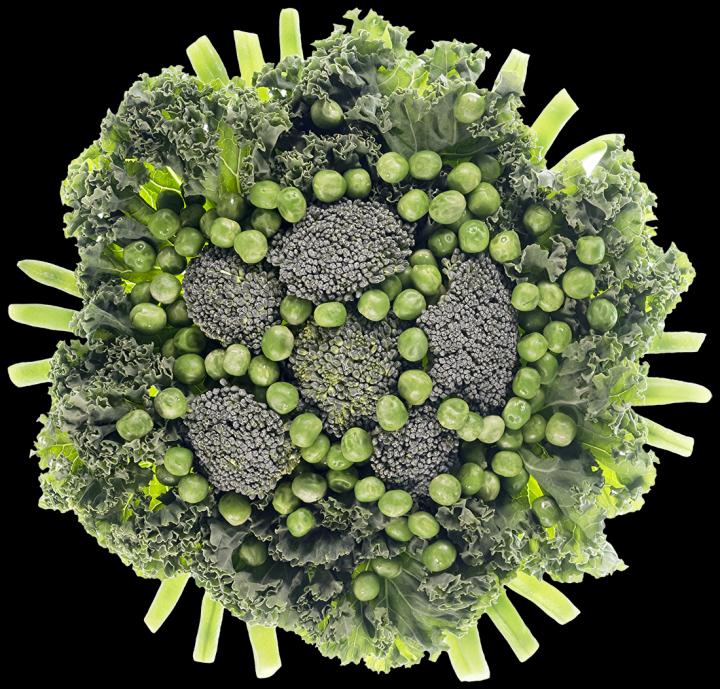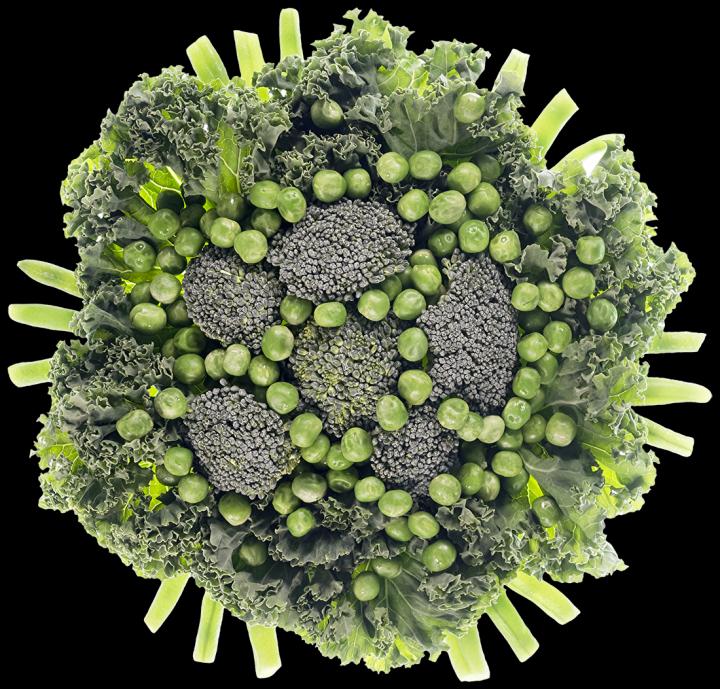
Credit: UEF
Sensory-based food education given to 3-5 year-old children in the kindergarten increases their willingness to choose vegetables, berries and fruit, according to a new study from the University of Eastern Finland. Sensory-based food education offers new tools for promoting healthy dietary habits in early childhood education and care. The findings were published in Public Health Nutrition.
The researchers used the sensory-based food education method Sapere, which makes use of children's natural way of relying on all of the five senses when learning new things: by looking at, smelling, tasting, touching and listening to new things. In the Sapere method, children are given an active role around food, and they are encouraged to share their sensory experiences. Sensory-based food education is well suited to the everyday life of kindergartens, where children eat several meals every day and participate in pedagogically oriented group activities.
Kindergartens have a variety of methods to choose from when delivering food education. For example, they can introduce different vegetables, berries and fruit to children in hands-on sessions, they can involve children in baking and cooking, and they can offer children opportunities for growing their own vegetables in the kindergarten backyard. Food-related themes can also be included in books and games.
"There are several different ways to do this. However, it always starts from sensory-based learning, child-orientation and child engagement. Doing and experiencing things together is also an important aspect," says Researcher, Nutritionist Kaisa Kähkönen from the University of Eastern Finland.
The researchers compared children in different kindergarten groups. Some were offered sensory-based food education, while others weren't. Children were offered a snack buffet containing different vegetables, berries and fruit to choose from, and the researchers took photos of their plates to analyse their willingness to choose and eat these food items.
The findings show that sensory-based food education given in kindergarten increased children's willingness to choose vegetables, berries and fruit – especially among children whose mothers have a lower educational background. On average, children of lower educated parents tend to eat less vegetables, berries and fruit. This is how food education given in the kindergarten can help even out dietary differences between families.
"Another interesting finding is that the Sapere food education method also seems to improve the eating atmosphere in kindergarten groups. This encouraged children who, according to their parents, were picky eaters, to choose a more diverse selection of vegetables, berries and fruit on their plate," Kähkönen explains.
Positive and personal food-related experiences gained in the kindergarten can help modify dietary preferences in a direction that is beneficial for health. Dietary preferences learned in early childhood often stick with a person all the way to adolescence and adulthood.
###
The Institute of Public Health and Clinical Nutrition at the University of Eastern Finland studies how food education in early childhood can promote good nutrition among children and promote the establishment of healthy dietary habits.
The study was carried out in collaboration between researchers from the Universities of Eastern Finland and Jyväskylä. The study was funded by the Jenny and Antti Wihuri Foundation.
For further information, please contact:
Kaisa Kähkönen, University of Eastern Finland, kaisa.kahkonen (a) uef.fi, tel. +358 44 5026595
Research article:
Kaisa Kähkönen, Anna Rönkä, Mika Hujo, Arja Lyytikäinen, Outi Nuutinen. Sensory-based food education in early childhood education and care, willingness to choose and eat fruit and vegetables, and the moderating role of maternal education and food neophobia. Public Health Nutrition, published online 8 May 2018. https://doi.org/10.1017/S1368980018001106
Media Contact
Kaisa Kähkönen
[email protected]
358-445-026-595
@UniEastFinland
http://www.uef.fi
Related Journal Article
http://dx.doi.org/10.1017/S1368980018001106





